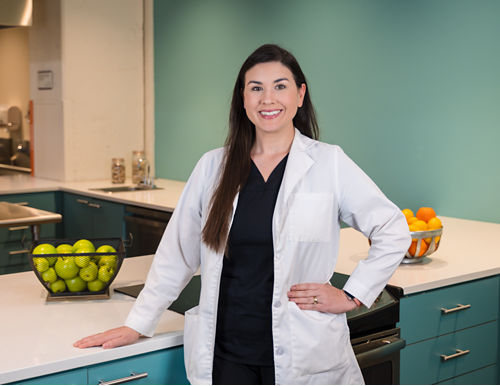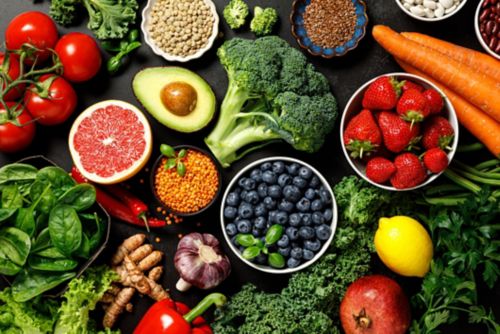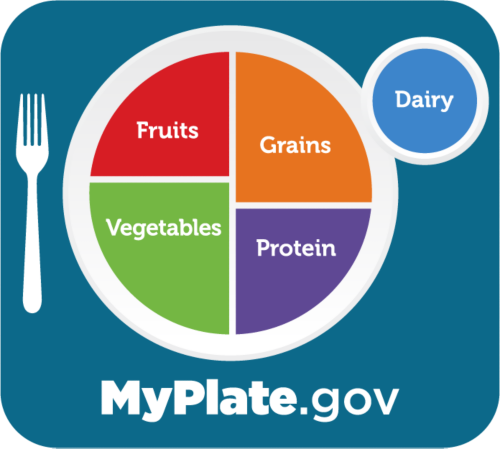What keeps you from eating healthy foods?
Registered dietitian Kimberly Boone asked 91 people this question in a survey recently. It asked people to finish this sentence: “I would eat healthier if I could ______”.
The top 3 answers were:
- Learn to cook foods in a healthy way
- Have weekly meal plans and grocery lists
- Know more about healthy portions
Boone works at Church Health in Memphis, Tennessee, a health and wellness clinic that serves people who do not have health insurance. Boone helps people eat healthy foods with easy, low-cost options.
Boone shared the following tips:




